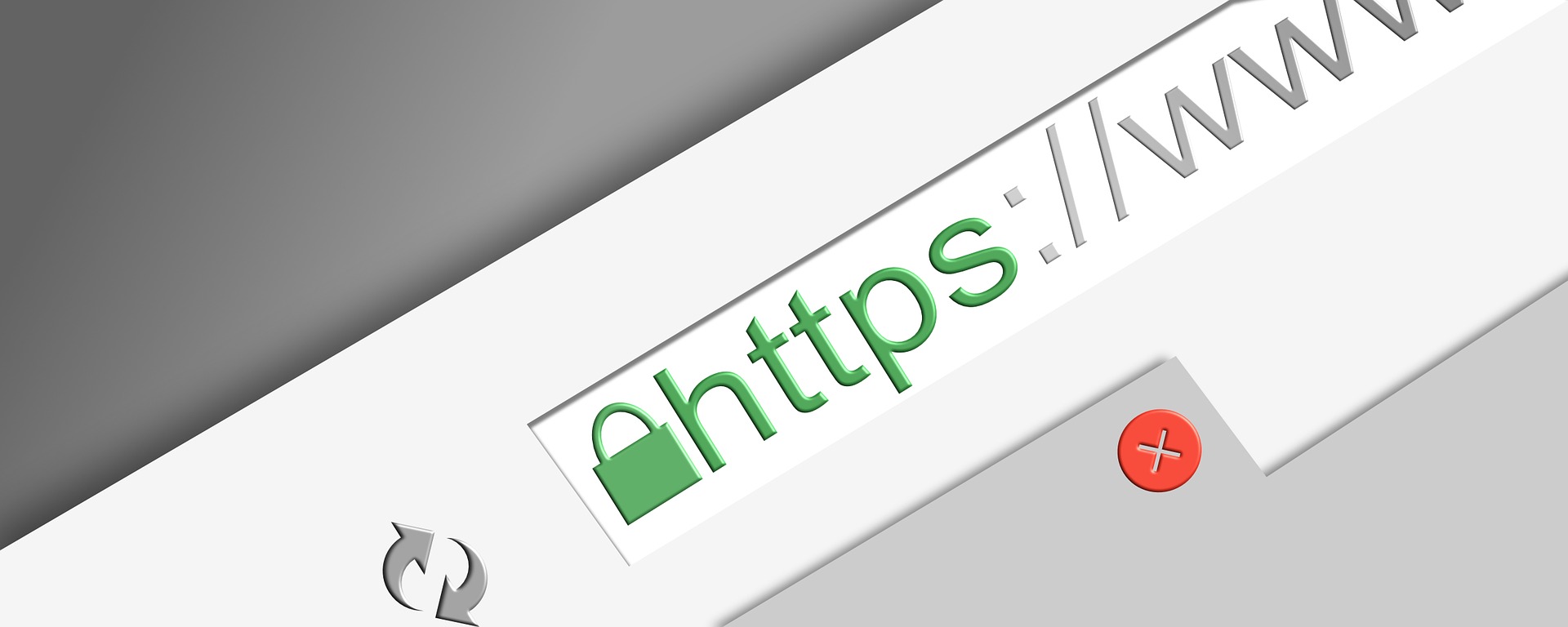Last updated on December 7, 2018
Secure Sockets Layer(SSL) is a protocol to encrypt information sent over HTTP. Websites that implement SSL typically shows HTTPS in the address bar. Users who send information to such websites do not need to worry that their information are stolen by eavesdropping. As website owner, it is important to ensure that your audience information are not stolen and this is especially more true when your website need to capture financial data when you are selling products online.

Types of SSLs
In general, there are 2 types of SSLs: Domain Validated (DV) SSL and Extended Validated (EV) SSL. In addition to these two types, you can also subscribe variants of each type to cater for your unique situations.
SSLs, regardless of types, are usually renewed annually and the cost depends on which certification authority you purchase your SSL from. There are also free SSL certificate authorities, of which Let’s Encrypt is the most reputable.
Domain Validated SSL
The simplest and cheapest of all is the DV SSL. This can be installed by your web host in a few hours. All that is required for you to subscribe to this SSL is to purchase the SSL and prove that your own the domain. If you purchased your domain name from your web host, then this step will be smooth. A license typically cost less than $100 every year.
Extended Validated SSL
This type of SSL is the most expensive and typically cost more than $200 annually. Application requires comprehensive documentation proof to show that you own the company and the domain name. Activation usually requires a fews days to a few weeks for the company to verify your documentations.
SSL for multiple domains
Regardless of the type of SSL, each license can only secure one domain. That is, if you own two web sites, you can’t help but purchase two SSL licenses.
However, some time, you might have one website with multiple subdomains. For example, you might have an online store site https://myolinestore.com and a blogging website call https://blog.myonlinestore.com. Your single license could only secure one and not the other. To solve this problem, you need to purchase a wild card SSL license. A wild card SSL license is only applicable to DV SSL. If you want to use EV SSL, you would secure your main page with the EV SSL and the subdomains with wildcard SSL.
For small businesses, you would want to minimise costs. To do so, you may use DV SSL to secure your site. If you plan to have multiple sites, you could choose to install your content management system in the site’s subfolders instead of the site’s subdomains. Each SSL works for domains in the subfolders so it is cost effective to install your CMSs this way to maximise the cost you expended for the SSL license.



Be First to Comment